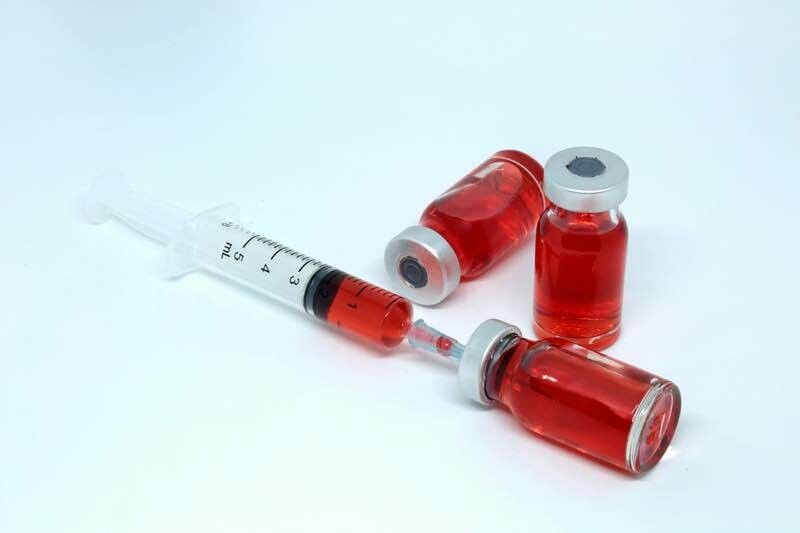Introduction to Vitamin B12
Vitamin B12, also known as cobalamin, is a crucial nutrient that plays a significant role in various physiological processes within the body. It is water-soluble and belongs to the family of B vitamins, which are essential for maintaining good health.
What is Vitamin B12
Vitamin B12 is a nutrient that the body needs for several critical functions. It is involved in the production of DNA and helps keep nerve cells and red blood cells healthy.
Sources of Vitamin B12
Vitamin B12 is naturally found in animal products, including meat, fish, poultry, eggs, and dairy products. It can also be found in fortified cereals and nutritional yeast.
Absorption of Vitamin B12
Vitamin B12 is absorbed in the small intestine, where it binds to a protein called intrinsic factor before being absorbed into the bloodstream.
Importance of Vitamin B12 in Red Blood Cell Production
Vitamin B12 is essential for the synthesis of red blood cells, which are responsible for carrying oxygen throughout the body. Without an adequate supply of vitamin B12, red blood cell production can be impaired, leading to a condition known as vitamin B12 deficiency anemia.
How does Vitamin B12 contribute to Red Blood Cell Production
Vitamin B12 is necessary for the proper development and maturation of red blood cells in the bone marrow. It is involved in the synthesis of DNA, which is crucial for the formation of red blood cell precursors called erythroblasts.
Symptoms of Vitamin B12 Deficiency Anemia
A deficiency in vitamin B12 can lead to symptoms such as fatigue, weakness, shortness of breath, and pale or jaundiced skin. Neurological symptoms such as numbness or tingling in the hands and feet may also occur.
Groups at Risk for Vitamin B12 Deficiency
Certain groups are at an increased risk of vitamin B12 deficiency, including older adults, vegetarians and vegans, and individuals with gastrointestinal disorders that affect nutrient absorption.
Diagnosis and Treatment of Vitamin B12 Deficiency
Diagnosing vitamin B12 deficiency typically involves blood tests to measure levels of vitamin B12 and other markers of red blood cell production. Treatment usually consists of vitamin B12 supplements or injections, depending on the severity of the deficiency.
How is Vitamin B12 Deficiency Treated
Vitamin B12 deficiency is typically treated with vitamin B12 supplements, either in pill form or as injections, to restore normal levels of the vitamin in the body.
Monitoring Vitamin B12 Levels
Once treatment for vitamin B12 deficiency begins, healthcare providers may monitor vitamin B12 levels periodically to ensure that they remain within a healthy range.
Potential Health Benefits Beyond Red Blood Cell Production?
In addition to its role in red blood cell production, vitamin B12 is involved in other important functions within the body. It plays a role in nerve function, DNA synthesis, and the metabolism of fats and carbohydrates.
Can Vitamin B12 Improve Energy Levels?
Some studies suggest that vitamin B12 supplementation may help improve energy levels and reduce fatigue, especially in individuals who are deficient in the vitamin.
Dietary Recommendations and Supplements?
Maintaining adequate intake of vitamin B12 through diet or supplements is essential for overall health and well-being. The recommended daily intake of vitamin B12 varies by age and life stage.
What Foods are High in Vitamin B12?
Animal products such as meat, fish, poultry, eggs, and dairy products are the richest sources of vitamin B12. Fortified cereals and nutritional yeast are also sources of vitamin B12 for individuals following a vegetarian or vegan diet.
Conclusion
Vitamin B12 plays a crucial role in red blood cell production and overall health. Ensuring an adequate intake of vitamin B12 through diet or supplements is important for preventing deficiency-related health problems.
- Dermal Fillers Near Dorking, Surrey – May 6, 2025
- Crows Feet Treatment Near Dockenfield, Surrey – May 5, 2025
- Chin Augmentation With Chin Filler Near Whyteleafe, Surrey – May 4, 2025


